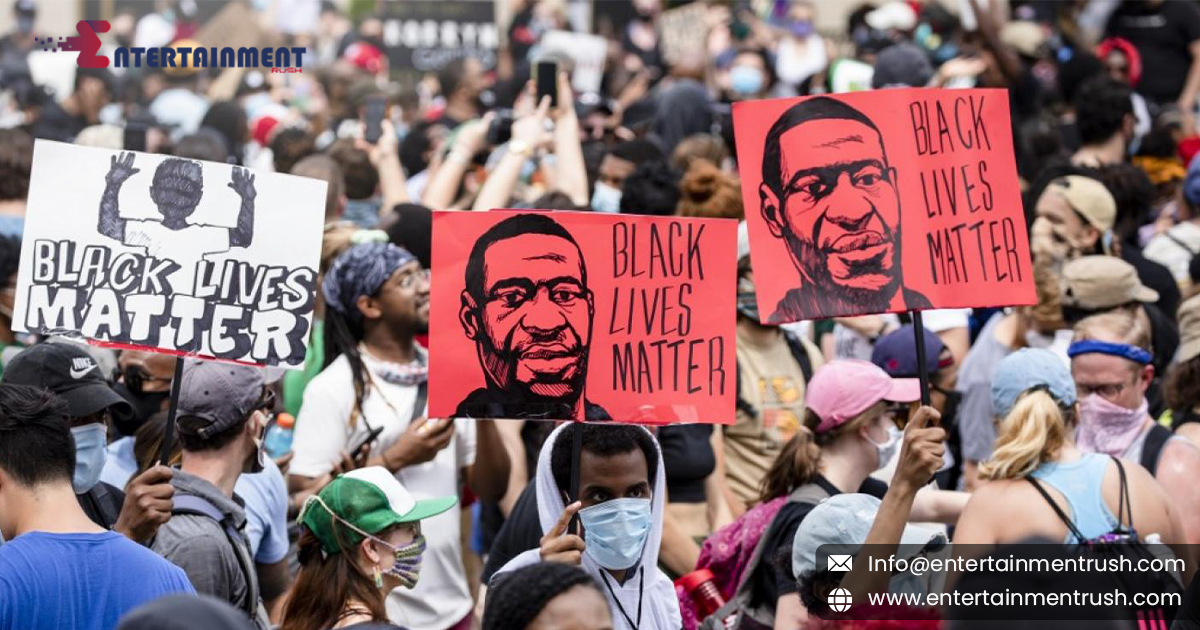In the annals of American history, moments arise that compel the nation to confront its deepest-seated inequalities. The summer of 2020 was such a moment, as the United States grappled with a profound reckoning on racial injustice. Sparked by the brutal killing of George Floyd by a Minneapolis police officer, protests erupted across the country, reigniting a long-standing conversation about systemic racism and inequality. The outcry was not merely about one man’s tragic death but rather a collective outcry against centuries of oppression and discrimination against Black Americans and other marginalized communities.
Systemic Injustice: Permeating Every Facet of Society
At the heart of this reckoning lies the recognition that systemic injustice permeates every facet of American society. It is not confined to isolated incidents of police brutality but is ingrained in institutions, policies, and cultural norms. From the criminal justice system to housing, education, and healthcare, disparities persist along racial lines, perpetuating cycles of poverty and marginalization. To confront systemic injustice is to confront the reality that, despite progress in civil rights, the promise of equality remains elusive for many.
The Criminal Justice System: A Manifestation of Inequality
One of the most visible manifestations of systemic injustice is the criminal justice system. Black Americans are disproportionately targeted by law enforcement, subjected to harsher sentencing, and overrepresented in prisons and jails. The war on drugs, for example, has had devastating consequences for communities of color, fueling mass incarceration and perpetuating cycles of poverty and disenfranchisement. Despite similar rates of drug use across racial groups, Black Americans are more likely to be arrested, convicted, and imprisoned for drug-related offenses.
Legacy of Slavery and Segregation: Echoes in Housing and Wealth
Moreover, the legacy of slavery and Jim Crow segregation continues to shape patterns of inequality in housing and wealth accumulation. Redlining, discriminatory lending practices, and housing segregation have limited economic opportunities for Black families, perpetuating intergenerational poverty and segregation. The racial wealth gap persists, with Black households having a fraction of the wealth of their white counterparts. This wealth disparity not only affects individual economic security but also perpetuates broader social inequalities, including disparities in education and healthcare access.
Education: The Unequal Battleground
Education, often hailed as the great equalizer, remains a battleground for racial equity. Despite efforts to desegregate schools and promote diversity, many students of color still attend underfunded schools with fewer resources and opportunities. Disparities in school funding, teacher quality and access to advanced coursework perpetuate educational inequalities, limiting the life chances of marginalized youth. Moreover, disciplinary practices such as zero-tolerance policies disproportionately target students of color, feeding the school-to-prison pipeline and exacerbating cycles of incarceration and poverty.
Healthcare Disparities: Reflecting and Reinforcing Injustice
Healthcare, too, reflects and reinforces patterns of systemic injustice. Black Americans experience higher rates of chronic illnesses such as diabetes, hypertension, and asthma, yet have less access to quality healthcare services. Structural barriers such as lack of insurance, healthcare deserts, and racial bias in medical treatment contribute to health disparities and shorter life expectancies for Black Americans. The COVID-19 pandemic laid bare these inequities, as communities of color bore the brunt of the virus’s impact due to underlying health conditions and socioeconomic factors.
The Road to Confrontation: Demands for Fundamental Change
To confront systemic injustice requires more than symbolic gestures or piecemeal reforms; it demands a fundamental restructuring of society. It requires dismantling the policies and institutions that perpetuate inequality and building new systems based on principles of justice, equity, and inclusion. This includes reimagining public safety, investing in community-based solutions, and holding law enforcement accountable for misconduct and abuse. It involves addressing the root causes of poverty and segregation, such as affordable housing, livable wages, and equitable access to resources.
A Call to Anti-Racism: Challenging Implicit Bias
Confronting systemic injustice necessitates a commitment to anti-racism in all areas of society. It requires challenging implicit bias, dismantling white supremacy, and centering the voices and experiences of marginalized communities. It involves reckoning with the past, acknowledging the harms of slavery, colonization, and genocide, and working towards reparative justice. It requires solidarity across racial lines, recognizing that the liberation of one group is interconnected with the liberation of all.
The Imperative of Confrontation
Ultimately, confronting systemic injustice is not only a moral imperative but also a practical necessity for the future of the nation. As long as inequality persists, America cannot live up to its ideals of liberty and justice for all. The events of 2020 served as a wake-up call, forcing the nation to confront its history and its present realities. The path forward will be fraught with challenges and resistance, but it is a journey that must be undertaken if we are to build a more just and equitable society for future generations. The time for reckoning is now.




Leave feedback about this